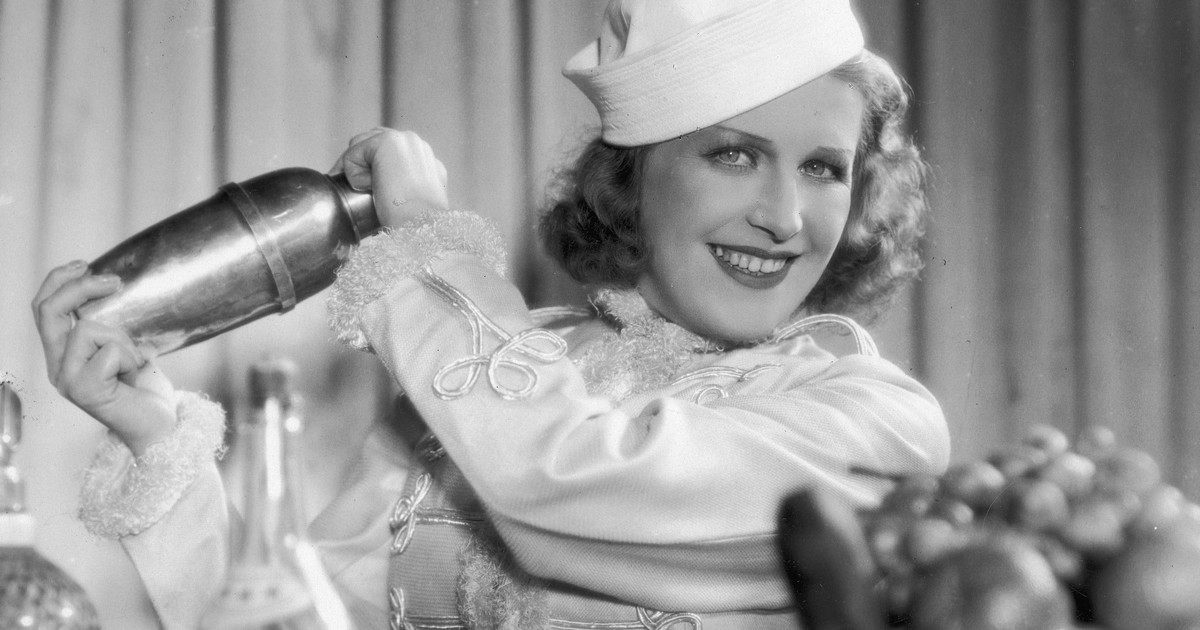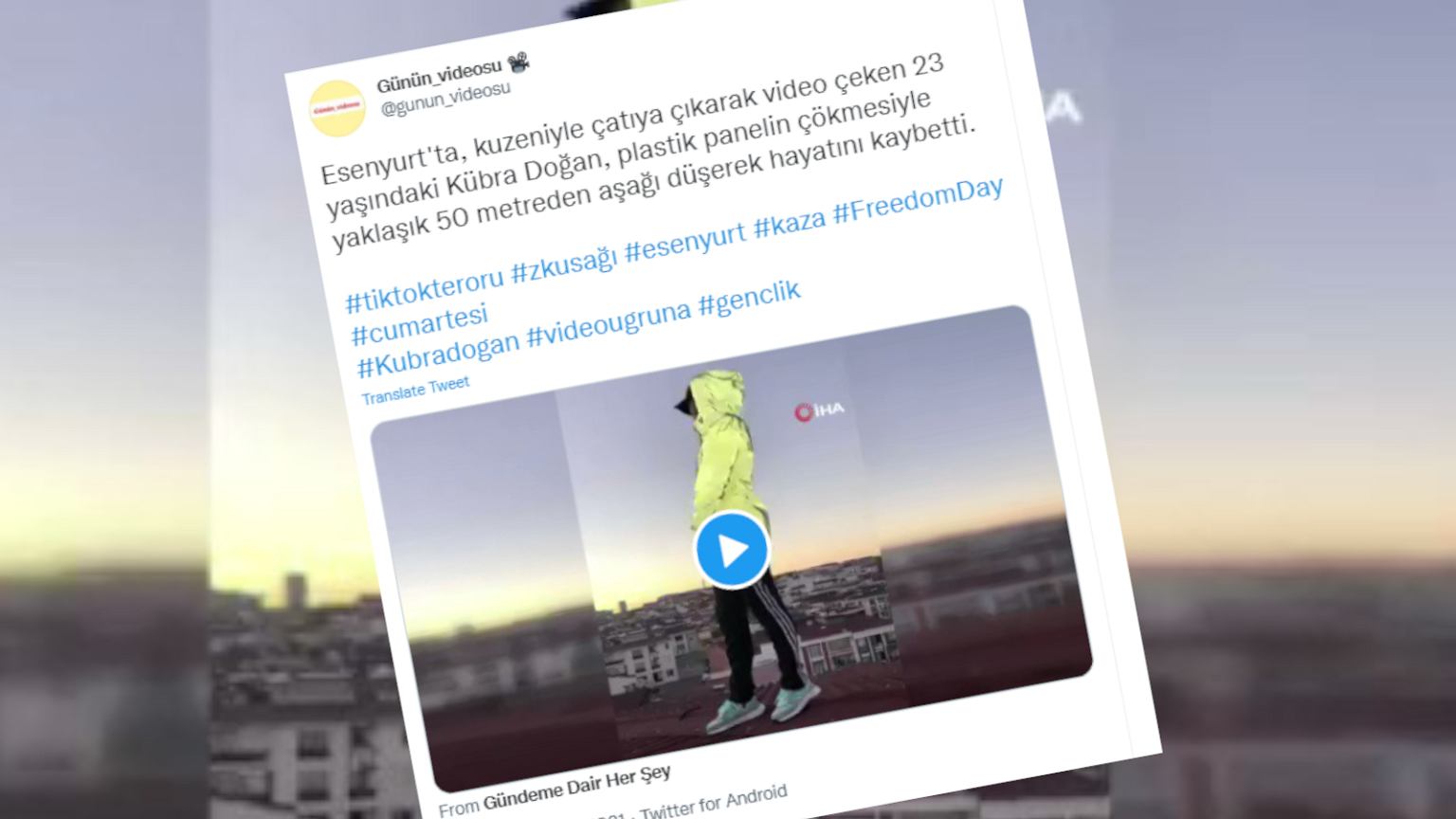- “white courage” It touches on a silent chapter of our history – the Juralienfolk and discusses the collaboration of some Bodhali Highlanders with the Germans during World War II.
- The director, co-writer and cinematographer is an award-winning creative—cinematographer, documentary director, and screenwriter Marcin KoszalkaAuthor of such films as “The Red Spider”, “You'll Be a Legend, Man”, “You've Born Such a Beautiful Son”, “Declaring Immortality”, “Existence” and “Let's Run From It”. .
- The main roles in the film are played by: Filip Pawieck, Jakub Jerzal, Sandra Dzimalska, and Julian Swiewski.
- The film will be released in Polish cinemas on March 8, 2024.
The Highlanders who had lived for centuries under the Austrian partition and declared their allegiance to Poland upon the founding of the Republic of Zakopane in 1918, two decades later, are forced to find themselves in a new hostile reality in which their lives are decided by a German invader. Most of them prefer to remain silent. Some people, seeing personal benefits, decide to cooperate. In addition, they were deceived by the myth of shared Gothic roots and the idea of their own state drawn on the margins of the postwar order.
It is a story that is not generally known, although many books have been devoted to it. In the foreground is an almost 700-page book entitled “Juralienvolk. A History of Treason” by Wojciech Szatkowski – the grandson of one of the leaders of that part of highland society that chose to cooperate with the German occupier. Although Henryk Szatkowski – a Piłsudski supporter, former legionnaire and interwar Zakopane community leader – is not the hero of Marcin Koszalka's film, the director and screenwriter of “White Courage” follows in his footsteps.
In “White Courage” he attempts to bring the painful history of the Highland betrayal out of the darkness of history, avoiding hasty judgments and judgments. “White Courage” is not an indictment that would easily stir up national outrage, but a story about human strength and foibles and the patterns of history that can be cruel not only to individuals, but to entire societies.
Koszałka, with co-screenwriter Łukasz M. Maciejewski, creates the film's protagonists from the respectable fictional families of Zawrat and Skorus, the trigger for the events being Maciek Zawrat's wedding (Julian Świeżewski) With Bronca Skouros (Sandra Dzimalska). It was taken against the will of the youth, compromising the love of Bronka and the youngest of the Zwarat brothers – Andrei (Philip BowickThe parents' decision becomes the beginning of a Shakespearean tragedy in which grief and envy pave the way toward inevitable tragedy.
In the story about two quarreling brothers, one of whom becomes a Nazi collaborator, the other a Tatra courier who risks his life in the service of the Polish underground state, contrary to appearances, there are shades of gray that allow us to perceive both heroes as characters. , oscillating in the roles written for them throughout “great history.”
This nuance is a great achievement, not only for the director, but also for the excellent actors Julian Szczewski and Filip Pawieck, who are able to contain the layers of difficult emotions that rise to the surface in the characters they play. Masek carries on his shoulders a feeling of guilt and betrayal towards his younger brother, and Andrei, despite suffering from a sense of injustice, motivates his actions by the desire to protect his family and loyalty to the highland community, whose survival he wants to ensure. In the harsh reality, the death penalty is an administrative decision.
There are no winners in war – Koschalka seems to say, scratching a historical scar that many would rather not notice. The complexity of the on-screen characters he creates aims to arouse sympathy and understanding in the audience. It's not easy, but it's certainly better than the denial that accompanies the film's opponents – already in production, they have accused the director of slandering the Highlanders and trying to block the production of “White Courage.”
The Tatra Mountains are a separate hero of Marcin Koszalka's painting. Beautifully photographed, it is on the one hand a refuge and, on the other, an object of fascination for the main characters.
But for the director, they seem, above all, a silent witness to history. An unshakable element in the storm of history. In their view, “White Courage” is little more than a Lascaux painting — a fragment of human destiny engraved in film, which, if it survives, will be a story for future generations about what their ancestors had to face.
The paper is also white before someone's hand draws a series of letters on it that form a story. You must have the courage to write these painful and mysterious stories on this white surface.
7/10
“white courage”, monastery. Marcin Koszalka, Poland 2024, Distributor: Monolith Films, Cinema Premiere: March 8, 2024.







